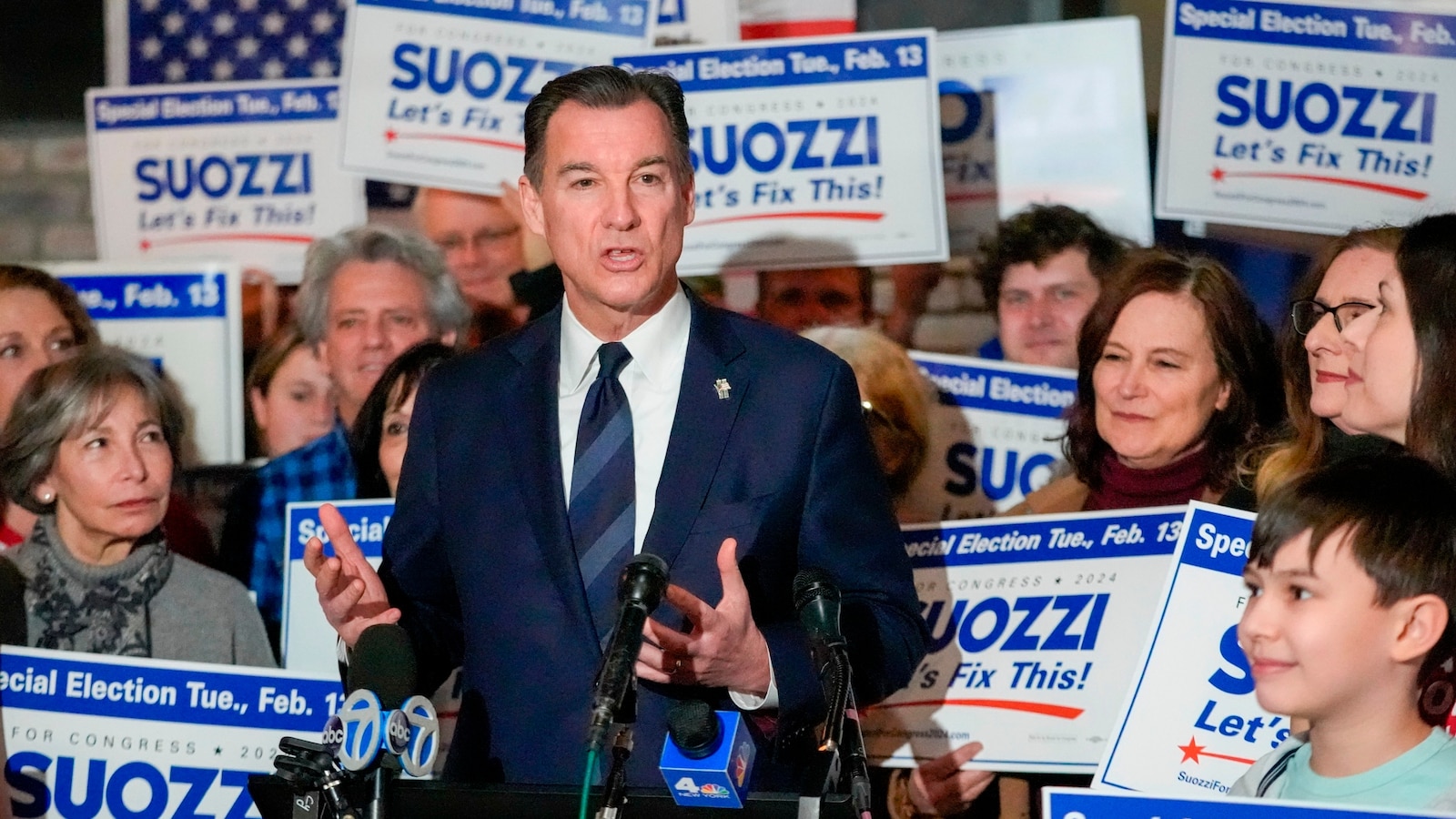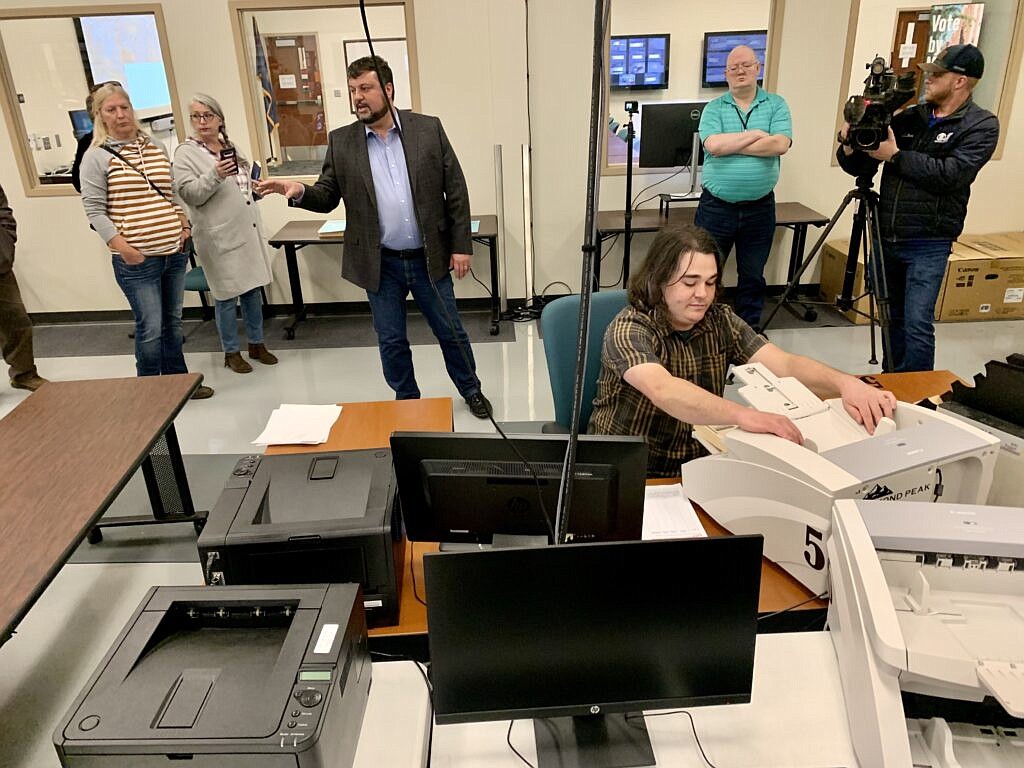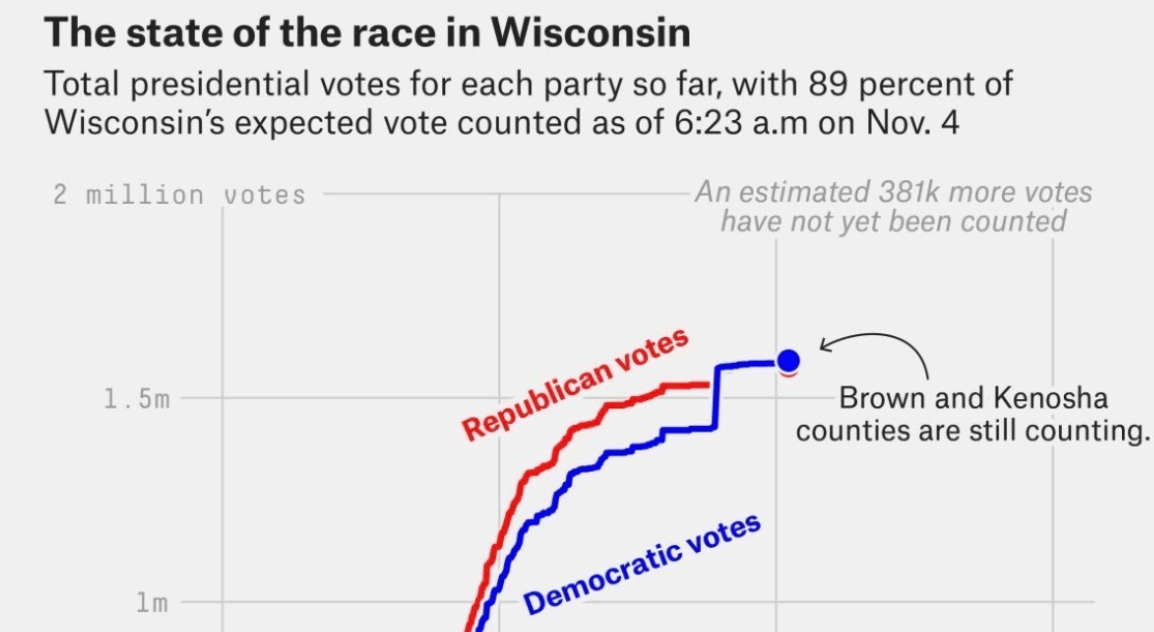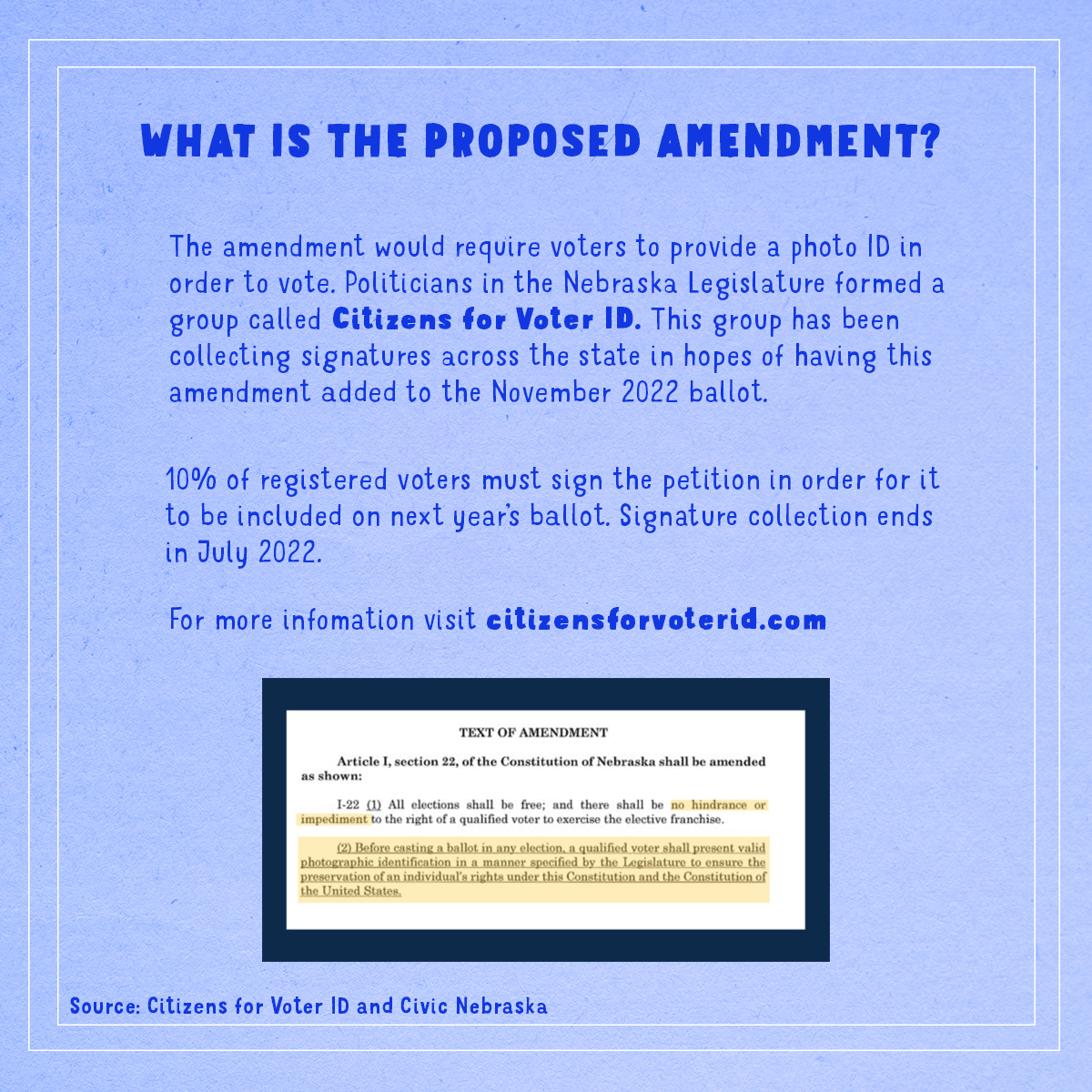Misinformation And Persuasion: Expert Insights From CNN

Table of Contents
The Psychology of Persuasion and Misinformation
Understanding why misinformation spreads so effectively requires examining the cognitive biases that make us vulnerable. Our brains are wired with shortcuts – mental processes that save time and energy but can lead us astray. These cognitive biases play a significant role in our acceptance or rejection of information.
- Confirmation bias: We tend to favor information confirming pre-existing beliefs and reject contradictory evidence. This makes us susceptible to misinformation aligning with our worldview.
- Availability heuristic: We overestimate the likelihood of events easily recalled, often due to their sensational nature or frequent media coverage. Dramatic, false narratives can thus seem more plausible than less memorable truths.
- Bandwagon effect: We're more likely to accept something if many others believe it. This creates a viral spread of misinformation, especially on social media platforms.
The emotional impact of information is also crucial. Fear, anger, and outrage can override critical thinking, making us more receptive to emotionally charged, yet factually inaccurate, content. Research consistently shows how rapidly misinformation spreads online, fueled by algorithms designed to maximize engagement, regardless of truthfulness.
Techniques Used to Spread Misinformation
The spread of misinformation relies on sophisticated techniques designed to manipulate audiences. These include:
- Fake news articles and websites: Professionally designed websites mimic legitimate news sources to disseminate false narratives.
- Manipulated videos and images (deepfakes): Advanced technology allows for the creation of highly convincing fake videos and images, making it difficult to distinguish truth from fiction. CNN has reported extensively on the dangers of deepfakes and their impact on public perception.
- Misleading social media posts and campaigns: Social media platforms are fertile ground for misinformation, with carefully crafted posts and targeted campaigns exploiting algorithms to reach vast audiences.
- The use of bots and automated accounts: Artificial intelligence is used to spread misinformation automatically, generating and disseminating false narratives at scale. CNN's investigations have uncovered numerous instances of this type of coordinated disinformation.
CNN's Role in Combating Misinformation
CNN plays a vital role in combating the spread of misinformation through various initiatives:
- CNN's fact-checking team actively debunks false claims and narratives, providing viewers with accurate information and context. Programs like [mention specific CNN fact-checking segments or shows] are dedicated to this crucial task.
- CNN conducts in-depth investigations into misinformation campaigns, exposing the sources and methods behind the spread of false narratives. These investigations often reveal sophisticated operations aimed at manipulating public opinion.
- CNN emphasizes the importance of presenting accurate and balanced information, providing viewers with multiple perspectives and relying on verified sources to ensure accuracy. Their commitment to journalistic integrity is key in countering misinformation.
Media Literacy and Critical Thinking
Developing strong media literacy skills is paramount in navigating the digital landscape and avoiding misinformation.
- Evaluate the credibility of news sources: Check the source's reputation, look for evidence of bias, and consider the author's expertise.
- Identify biased or misleading information: Look for loaded language, emotional appeals, and a lack of evidence. Consider the overall tone and purpose of the information.
- Verify information from multiple sources: Don't rely on a single source; compare information from reputable, diverse sources to confirm accuracy.
The Impact of Misinformation on Society
The consequences of widespread misinformation are severe and far-reaching:
- Political polarization: Misinformation contributes to division and distrust, exacerbating political polarization and hindering constructive dialogue.
- Health crises: The spread of false medical information can have life-threatening consequences, leading to vaccine hesitancy, the rejection of effective treatments, and the promotion of dangerous remedies.
- Erosion of trust: Constant exposure to misinformation erodes public trust in institutions, experts, and even reality itself. This can lead to social unrest and instability.
Social media algorithms, designed to maximize engagement, often inadvertently amplify misinformation, creating echo chambers where false narratives are reinforced and spread rapidly. In extreme cases, misinformation can even incite violence or hatred, as seen in several events widely reported by CNN.
Conclusion
The fight against misinformation and persuasion is a crucial battle for the future of our societies. CNN's insights highlight the psychological vulnerabilities that make us susceptible to false narratives, the sophisticated techniques used to spread them, and the vital role of media literacy in combating this threat. By developing critical thinking skills, actively engaging in fact-checking, and relying on trusted news sources like CNN for accurate reporting, we can all contribute to a more informed and resilient society. Stay informed and fight the spread of misinformation by developing your media literacy skills and relying on trusted news sources like CNN for accurate reporting. Learn more about how to identify and avoid misinformation today!

Featured Posts
-
 Extreme V Mware Cost Increase At And T Highlights Broadcoms 1 050 Price Jump
May 02, 2025
Extreme V Mware Cost Increase At And T Highlights Broadcoms 1 050 Price Jump
May 02, 2025 -
 Xrp Price Surge Ripple Sec Case Update And Us Etf Possibilities
May 02, 2025
Xrp Price Surge Ripple Sec Case Update And Us Etf Possibilities
May 02, 2025 -
 Why Arent Nick Robinson And Emma Barnett Hosting Together On Radio 4
May 02, 2025
Why Arent Nick Robinson And Emma Barnett Hosting Together On Radio 4
May 02, 2025 -
 Six Nations 2025 Assessing Scotlands Rugby Performance Flattering To Deceive
May 02, 2025
Six Nations 2025 Assessing Scotlands Rugby Performance Flattering To Deceive
May 02, 2025 -
 Unexpected Surge Macaus Gaming Revenue Before Golden Week Holiday
May 02, 2025
Unexpected Surge Macaus Gaming Revenue Before Golden Week Holiday
May 02, 2025
Latest Posts
-
 Minnesota Special Election Key Takeaways From Ap Decision Notes
May 02, 2025
Minnesota Special Election Key Takeaways From Ap Decision Notes
May 02, 2025 -
 Maines First Post Election Audit Pilot A Comprehensive Overview
May 02, 2025
Maines First Post Election Audit Pilot A Comprehensive Overview
May 02, 2025 -
 Minnesota Special House Election Understanding Ap Decision Notes
May 02, 2025
Minnesota Special House Election Understanding Ap Decision Notes
May 02, 2025 -
 The 2024 Election And Beyond Lessons From Florida And Wisconsin Voter Turnout
May 02, 2025
The 2024 Election And Beyond Lessons From Florida And Wisconsin Voter Turnout
May 02, 2025 -
 Nebraska Voter Id Campaign Best Practices And National Award
May 02, 2025
Nebraska Voter Id Campaign Best Practices And National Award
May 02, 2025
